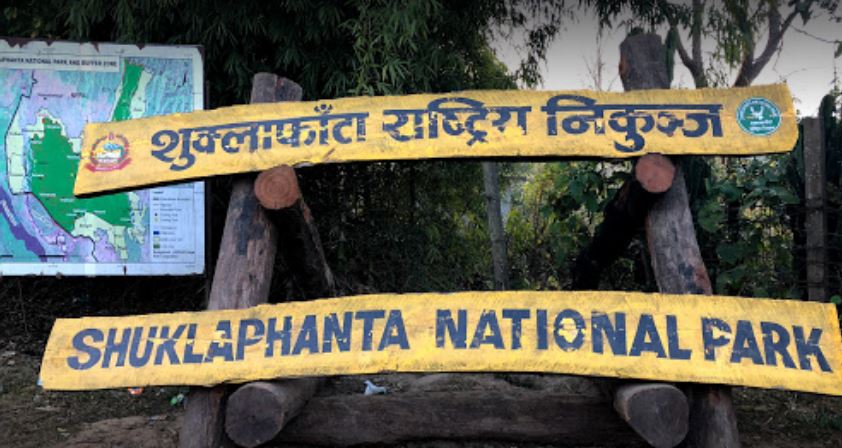
KANCHANPUR, October 1: The Shuklaphanta National Park has been opened for domestic and international tourists. All the tourism activities are now opened in the national park except for elephant safari, Chief Conservation Officer Dil Bahadur Purja Magar said.
Tourism activities in the national park were suspended for almost five months after the surge of coronavirus cases. Pun shared that jungle safari, jungle walk, rafting, camping, fishing and other touristic activities have resumed in the national park.
He, however, said that the visitors should fully abide by health protocols adding that use of facemask and sanitiser are mandatory. Nature guide is also mandatory for the visitors going for jungle safari and jungle walk, he added. A tour guide can guide upto three tourists while two tour guides can lead maximum of 10 tourists in the national park. The national park spread over 305 sq km is famous for swamp deer and the pastureland.






